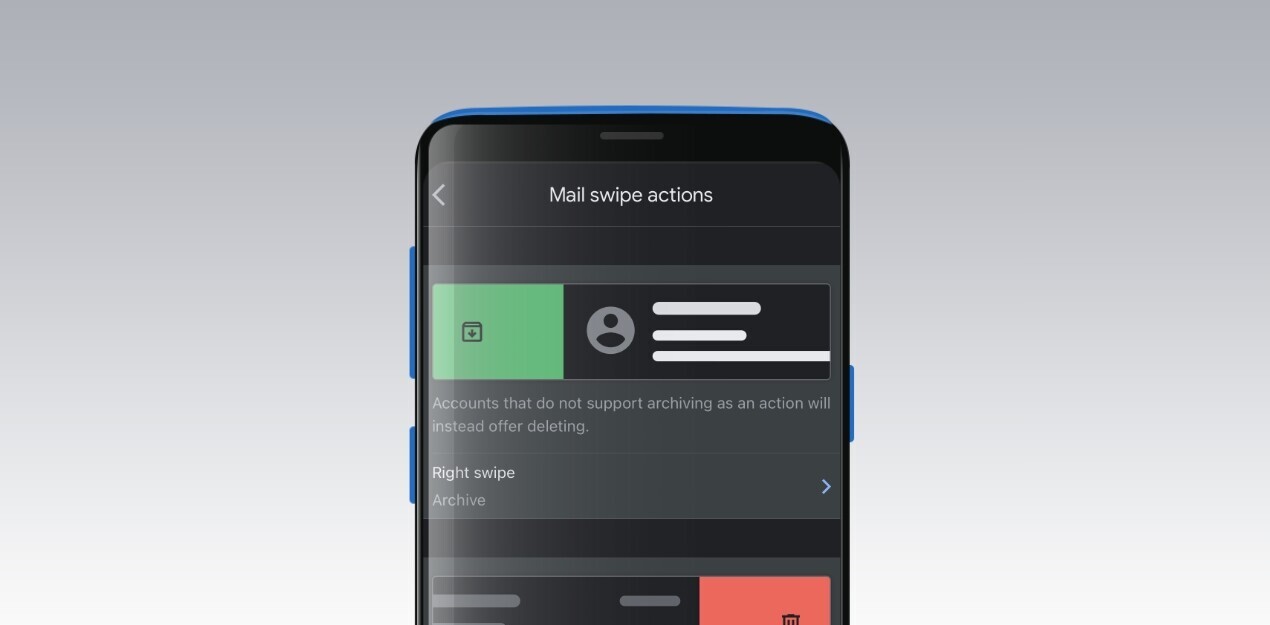Cybercriminals are having a field day as people are stuck in their homes due to the coronavirus pandemic. Coronavirus-related phishing attacks have risen by a whopping 667% since January, as hackers have been bombarding people with emails while masquerading as a well-known company or a health authority like the World Health Organization (WHO).
Yesterday, Google shared insights into its effort of trying to filter these emails in Gmail. The search giant said in just the last week, it saw more than 18 million malware and phishing emails with some sort of coronavirus angle every day. Plus, the company blocks 240 million COVID-19 related spam emails every day.
[Read: Coronavirus threatens flow of US capital into European tech startups]
It added that Gmail’s machine learning algorithm has been filtering out spam and malware-laden emails with a 99.9% percent success rate.
Google also highlighted some of the common themes in these emails, such as WHO asking for donations or the government offering stimulus packages. The company has worked with WHO to weed out fraudulent domains with DMARC (Domain-based Message Authentication, Reporting, and Conformance) technology to mark spam messages.


Google also advised that you shouldn’t download files from senders you don’t trust and use Gmail’s document preview tool instead. You should take a Google security checkup test to change any setting that might result in loss of data.
Get the TNW newsletter
Get the most important tech news in your inbox each week.






